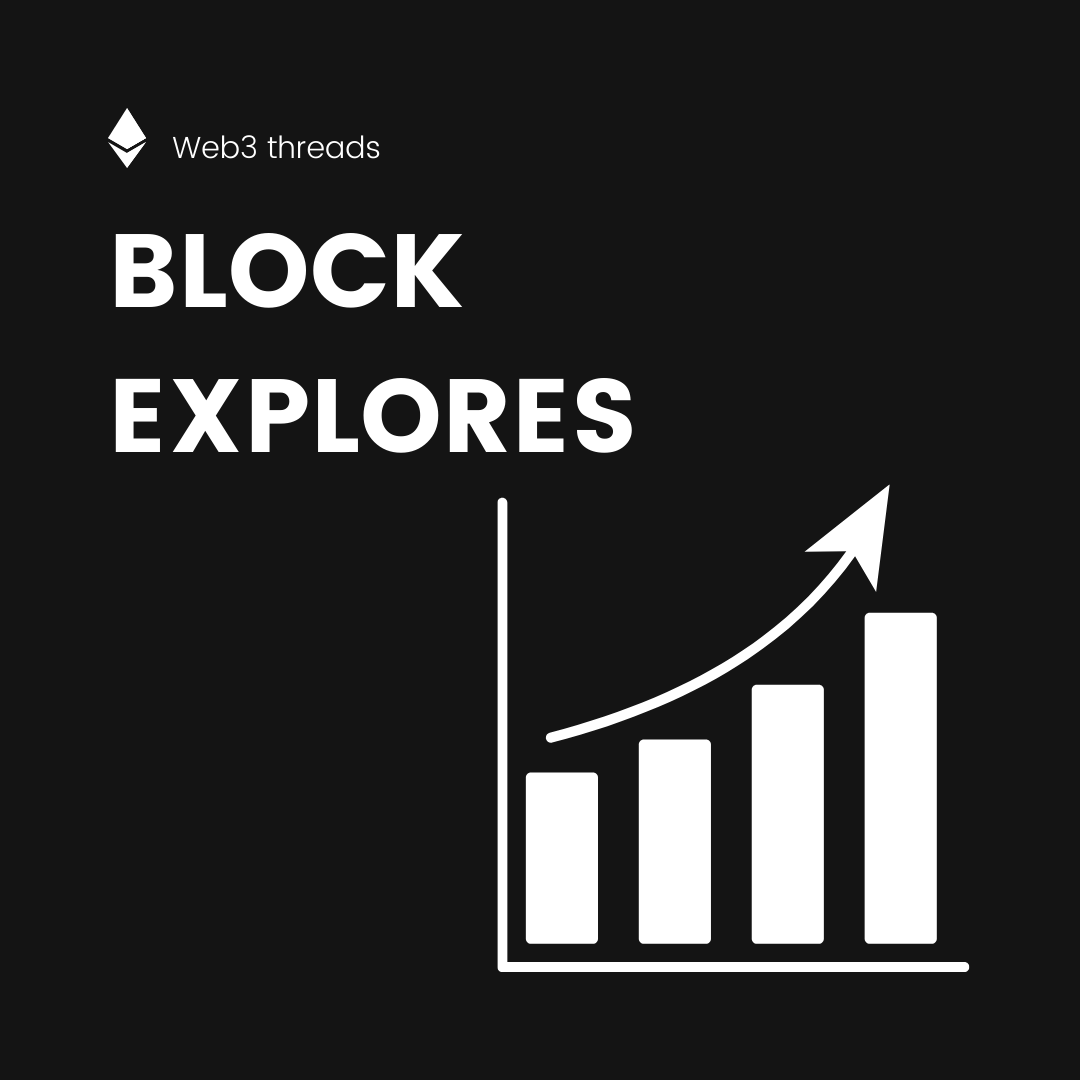
Path to Learn Docker.
One of the questions I get most often is:
"What are the steps to learn the basics of Docker?"
In this thread, I list the 10 steps that I think are optimal for a beginner.
There are no links or promotions here, just concepts.
/thread
↓
One of the questions I get most often is:
"What are the steps to learn the basics of Docker?"
In this thread, I list the 10 steps that I think are optimal for a beginner.
There are no links or promotions here, just concepts.
/thread
↓

1) Understanding WHAT Docker is and what it isn't, what are the building blocks of it
2) Understanding what containerization is and why it is so important. Differences Containers/Virtual Machines
3) Install Docker on your operating system and make sure it works (`docker info`)
2) Understanding what containerization is and why it is so important. Differences Containers/Virtual Machines
3) Install Docker on your operating system and make sure it works (`docker info`)
4) Take a look at "Docker Hub" and make a bit of practice using one image there (eg Nginx) and understand the basic commands: start/stop/list containers.
5) Understand how the components are made and their configuration: commands inspect/exec/logs.
5) Understand how the components are made and their configuration: commands inspect/exec/logs.
6) Learn how to create an image (at this point you should have a clear idea of what it is) starting from a Dockerfile. The best here is to use an application you have built. It can be with any programming language. docker build options.
7) Understand how persistence in containerization works. Volumes and bind mounts and differences between them.
8) Basic concepts of networking for containers, what types of networks exist, the default, difference between networks on the same machine and on different machines
8) Basic concepts of networking for containers, what types of networks exist, the default, difference between networks on the same machine and on different machines
9) Getting started with docker-compose, understanding how to build images with it, and how to manage different services in the same file. base up (--build option) and down commands
10) Learn how to deploy your app using a cloud provider (AWS, Azure, GCP, Digital Ocean, ...)
10) Learn how to deploy your app using a cloud provider (AWS, Azure, GCP, Digital Ocean, ...)
Recap:
1 What is Docker
2 Containerization VS VMs
3 Install Docker
4 Basic Commands
5 Inspect/Debug containers
6 Dockerfile and build an Image
7 Volumes
8 Networking
9 Docker-Compose
10 Deploy on a cloud provider
1 What is Docker
2 Containerization VS VMs
3 Install Docker
4 Basic Commands
5 Inspect/Debug containers
6 Dockerfile and build an Image
7 Volumes
8 Networking
9 Docker-Compose
10 Deploy on a cloud provider
if this thread has been useful, follow @FrancescoCiull4 and share this one. Thank you.
https://twitter.com/FrancescoCiull4/status/1482467558066475008
• • •
Missing some Tweet in this thread? You can try to
force a refresh








